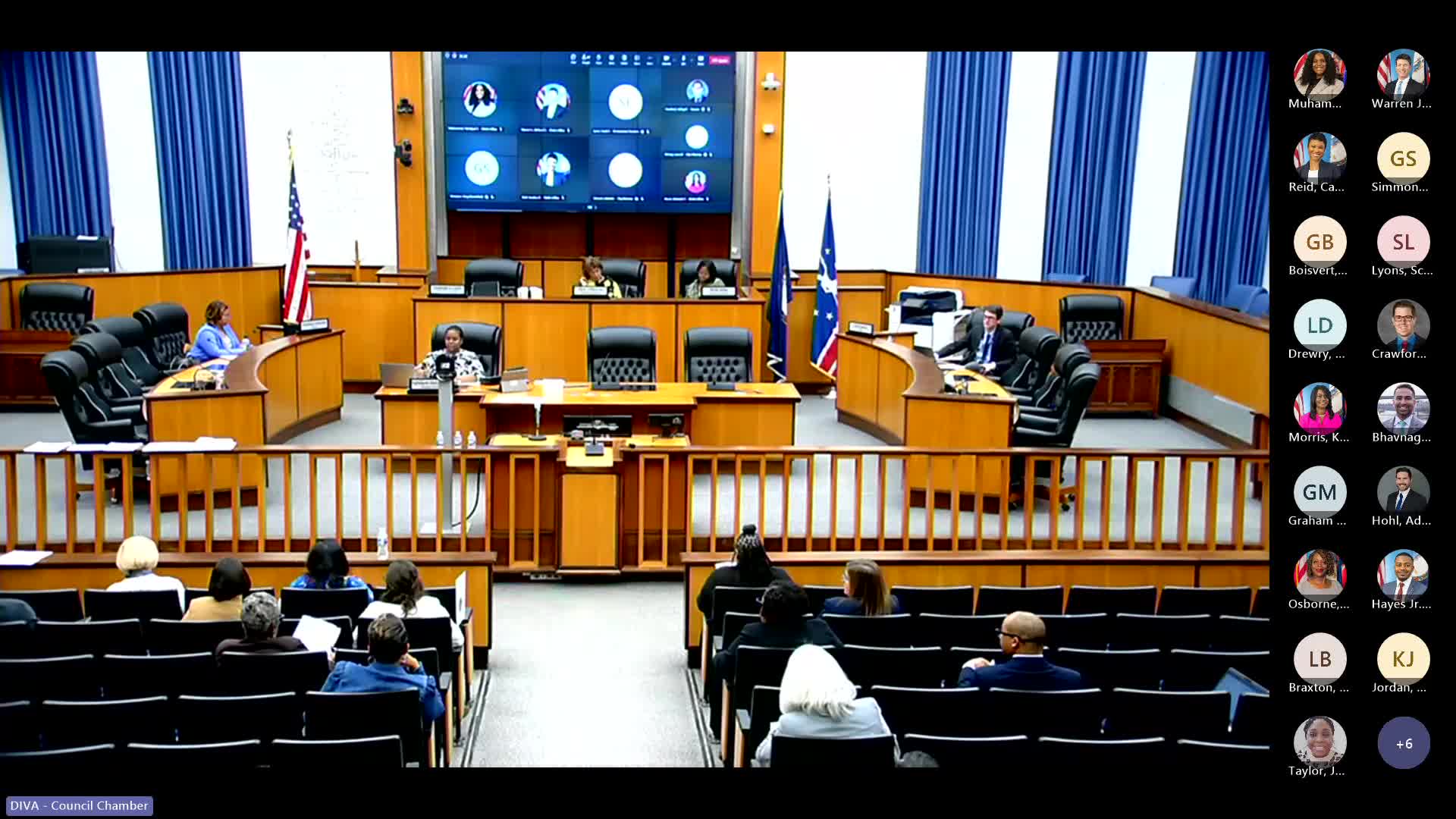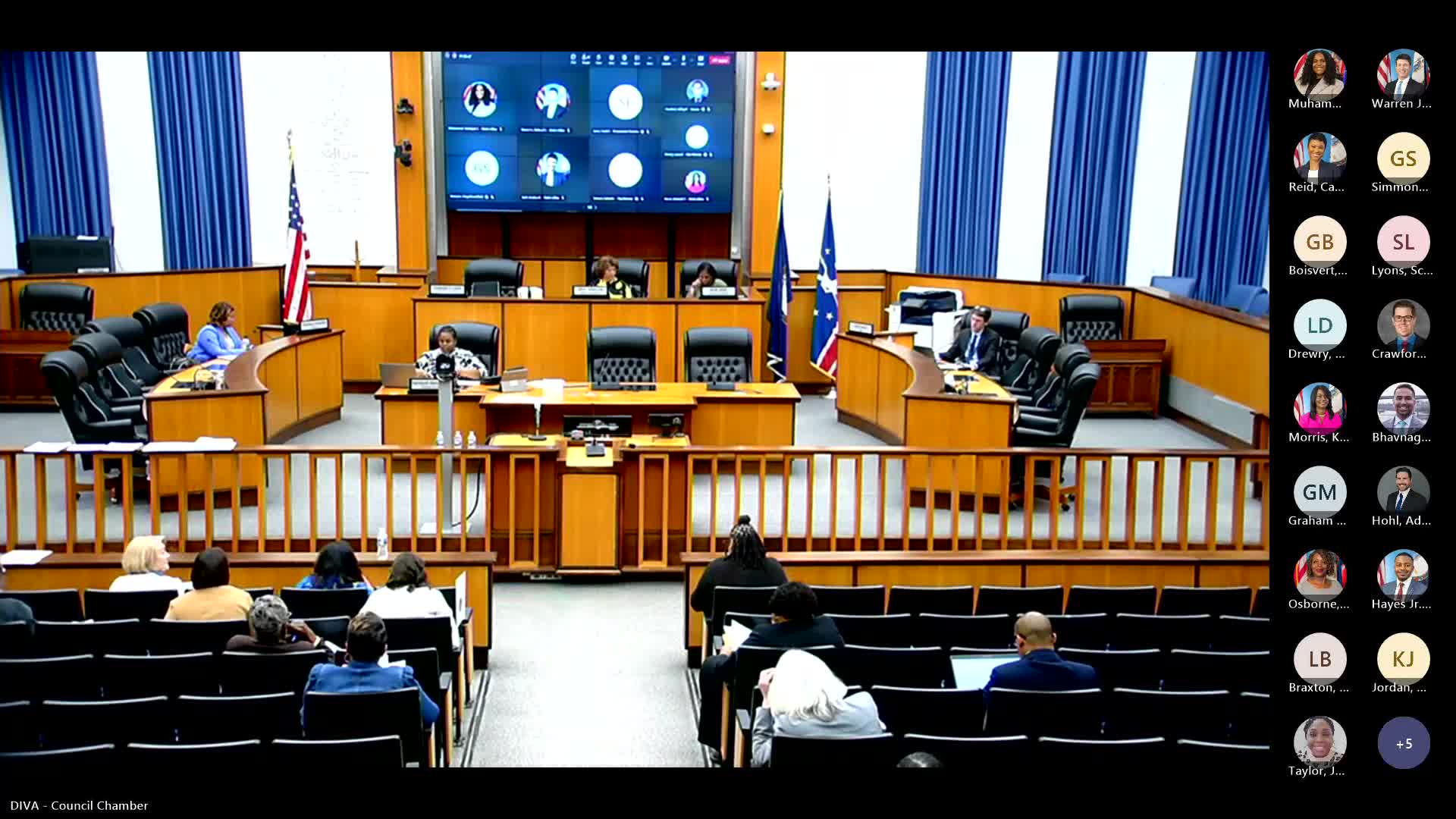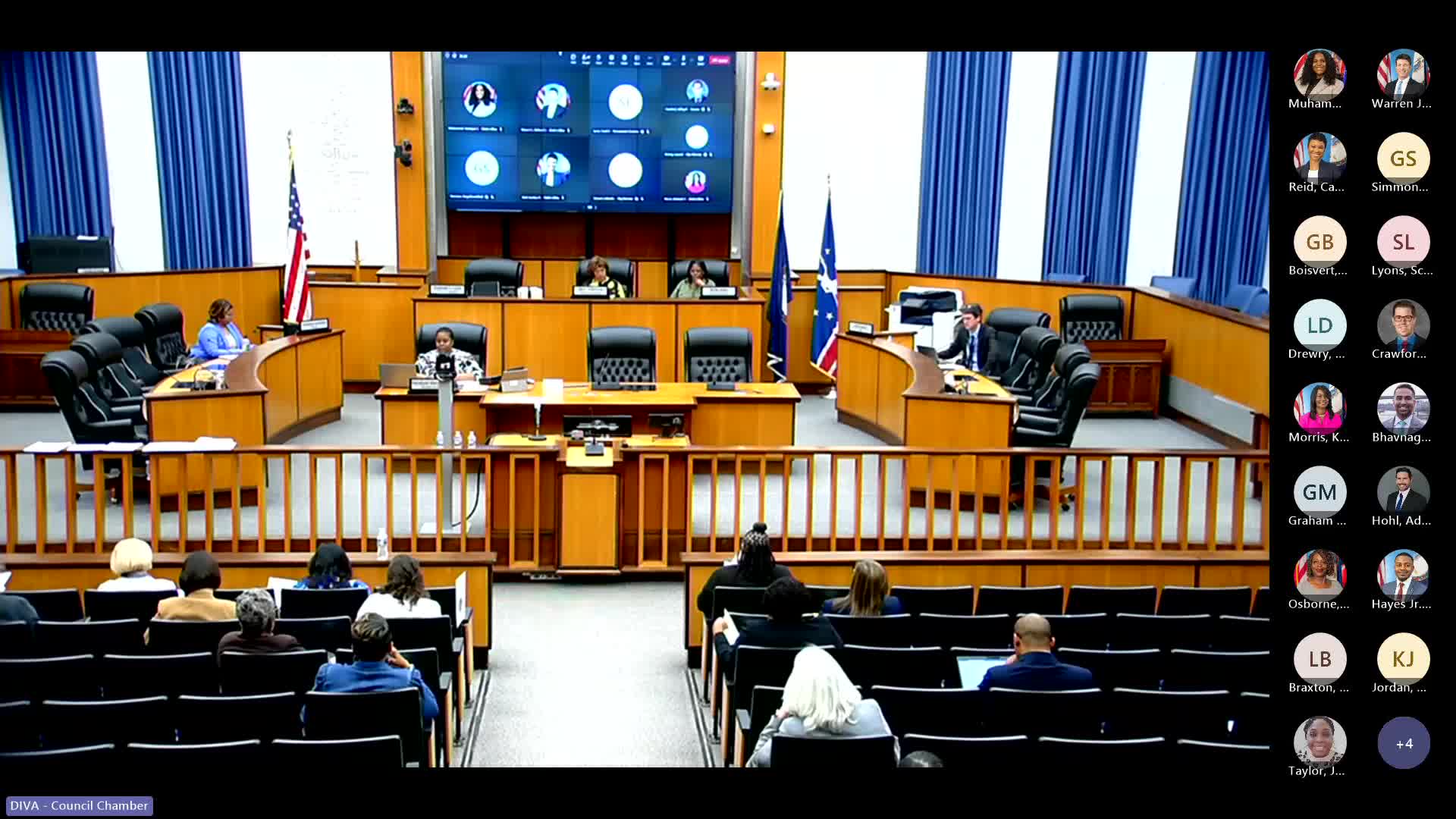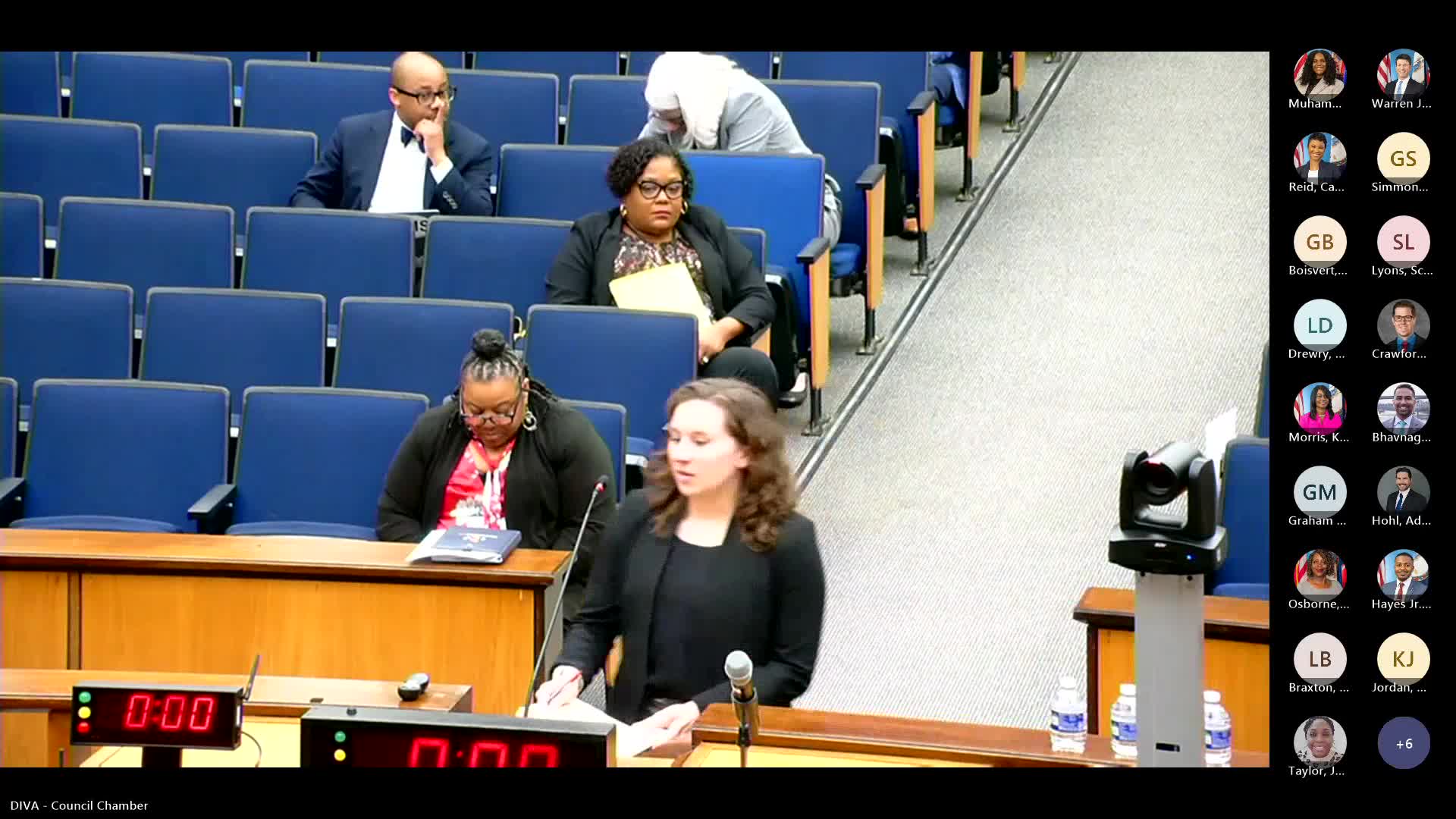Article not found
This article is no longer available. But don't worry—we've gathered other articles that discuss the same topic.

Committee forwards multiple ordinances and one resolution to council, recommending approval

City to seek acceptance of DCR grant to modernize stormwater asset inventory; council asks for Southside clarifications

Greater Richmond Partnership outlines new five-year plan, flags perception and air service gaps

